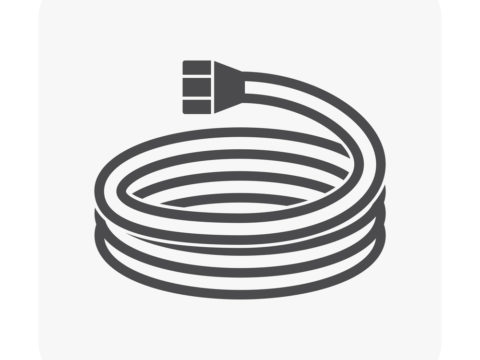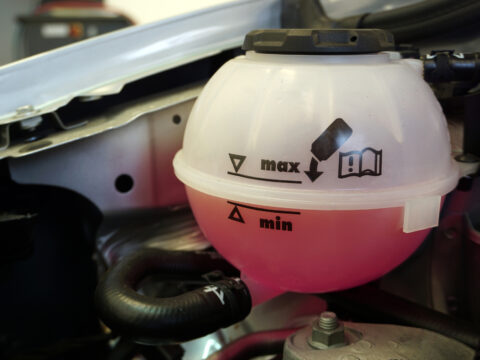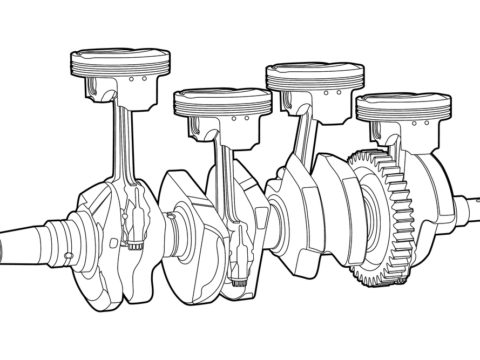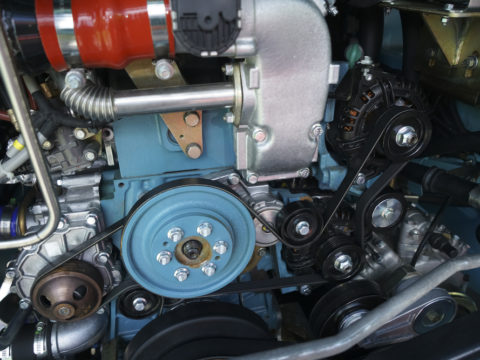To save time and money, vehicle owners are doing more of the dirty work regarding maintenance. In this instance, the dirty work in question requires knowing when to use carburetor cleaner versus brake cleaner.
These cleaners are similar but not interchangeable, and when deciding which one is best suited for the job, it’s essential to know the difference.
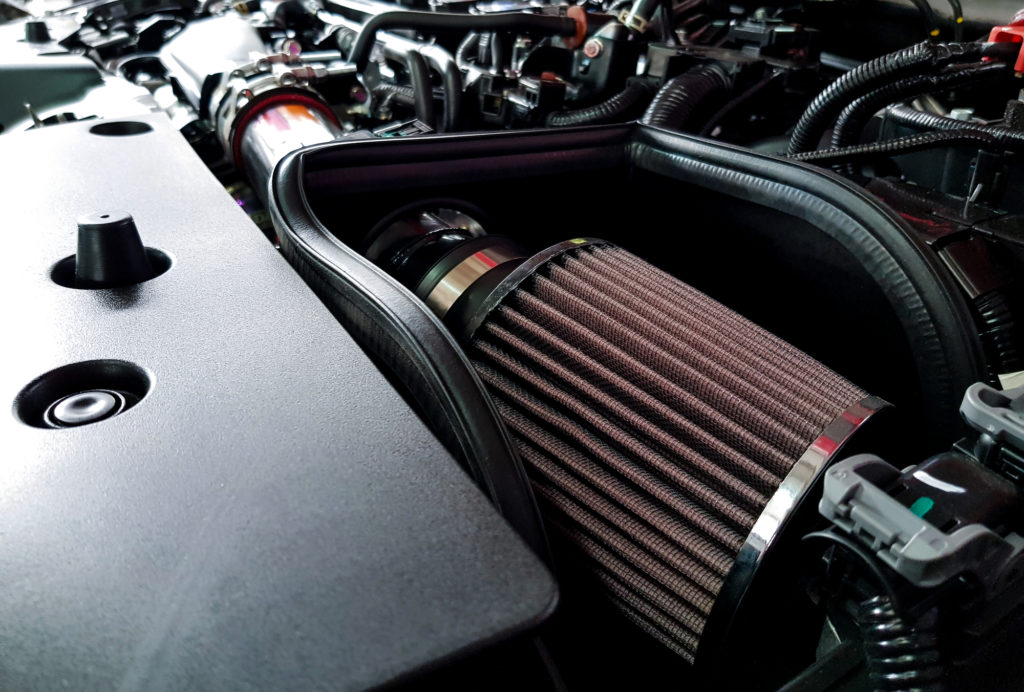
Carburetor cleaner is the best choice in most cases, with brake cleaner used as a last resort on engine parts. But, under no circumstances should one use carb cleaner on brakes.
Contents
What Is a Carb Cleaner?
Carburetor cleaner is a chemical compound that breaks down buildups on different engine parts. These buildups consist of dirt, oil, carbon, debris, and other deposits.
Carb cleaning solvent has a reputation for causing minimal damage to the engine metal.
An aerosol spray dissolves contaminants on contact, leaving a slightly oily residue behind.
Carburetor Cleaner Reviews
Now, let’s dive into how carb cleaner measures up by looking at its ingredients, uses, customer reviews, and performance.
Carb Cleaner Uses
Carburetor cleaner breaks down contaminants like oil and dirt on an internal combustion engine. Carburetor cleaner is not limited to vehicle engines.
It is commonly used to clean individual parts of engines belonging to lawn mowers, tractors, snow blowers, and sometimes motorcycles.
Carb Cleaner Ingredients
Carburetor cleaners consist of a combination of hazardous materials that are effective, but you should always use them with caution and education.
The solvent is an aerosol spray made up of the chemicals listed below:
- Xylene
- Methyl Ethyl Ketone
- 2-butoxyethenol
- Propane
- Ethyl Benzene
- Acetone
- Toluene
Carb cleaner is flammable and can even be explosive with improper use.
It is always recommended for a user to:
- wear safety garments and gloves,
- avoid inhaling any vapors during use,
- refrain from smoking, eating, and drinking while using the cleaner,
- only spray the product in a well-ventilated area, and
- follow all safety and storage instructions listed on the product labels.
There are also environmental standards that require specific disposal instructions.
Carb Cleaner Performance
A single can of high-quality carburetor cleaner should be able to remove thick layers of deposits in one use.
This variable is based on the level of contaminants present, but the powerful chemical compound is thorough and effective.
The proper use of carb cleaner contributes to improved fuel economy and overall engine performance by removing harmful buildup that negatively impacts acceleration and general engine responsiveness.
Carb Cleaner Customer Reviews
The consumer consensus on carburetor cleaner is that it gets the job done when done correctly. Many mistakenly think a simple spray of one general surface area is all an engine needs to remove buildup.
However, the disassembly to reveal smaller parts and the individual spraying of each one is required to rid the engine of deposits truly.
Popular carb cleaning products tend to have lower VOC content, more environmentally-friendly compounds, surface flexibility, and fast-acting formulas.
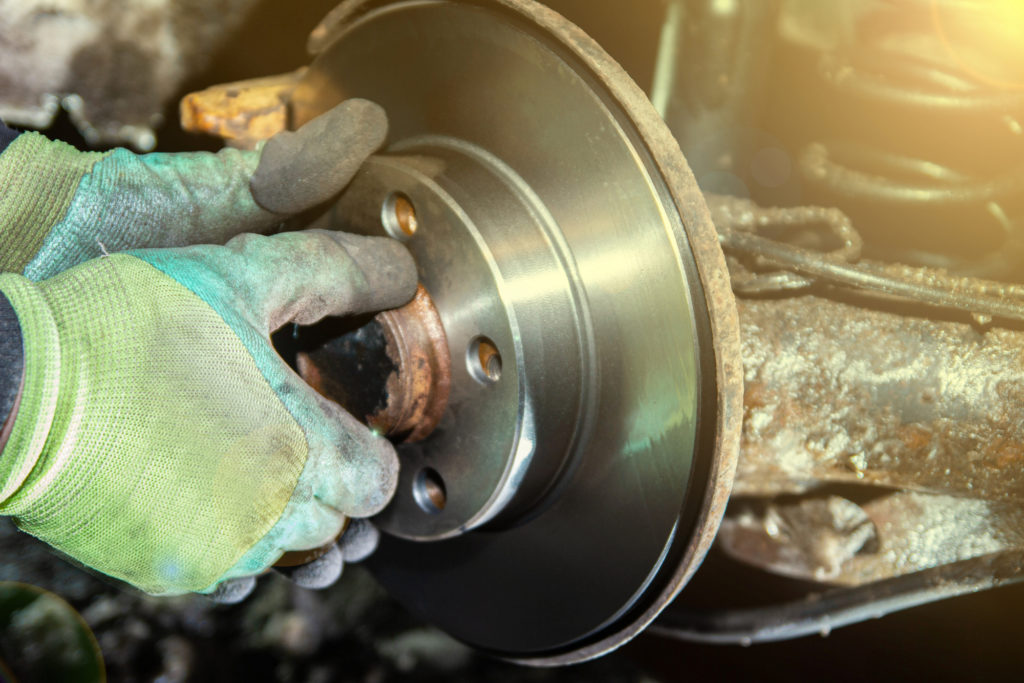
Brake Cleaner Reviews
Here is a breakdown of the other cleaning solution in question: brake cleaner.
Brake Cleaner Uses
Brake cleaner is specifically designed to break down oil, dirt, grime, and road debris on hydraulic systems.
It can also be used on bike chains and to remove stubborn contaminants like tar off of the exterior vehicles and some surface areas like concrete or decking.
What Is Brake Cleaner Made Of?
Brake cleaner is an extremely flammable chemical blend of the alcohols and hydrocarbon solvents listed below.
- Naphtha
- Methanol
- Acetone
- Benzene
- Xylene
- Hexane
- Toluene.
There are chlorinated and non-chlorinated brake cleaners available on the market. Chlorinated brake cleaners are more powerful but more likely to cause damage to metal and other surfaces due to their corrosive properties.
Brake cleaners carry high explosive risk and cause a detrimental impact on the environment.
It is always recommended for users to wear protective gear, including gloves, keep the product away from heat, hot surfaces, sunshine, and ignition sources, avoid inhalation of vapors (which can cause immediate dizziness and drowsiness), not smoke, only use in well-ventilated areas, and abide by strict disposal and storage guidelines spelled out on the product labels.
Brake Cleaner Performance
A brake cleaner can effectively remove buildups on the mechanisms of a hydraulic system, which can improve overall function.
Some brake cleaners claim that they aid in brake noise reduction by eliminating friction-causing materials that could be contributing to the excess sound.
Brake Cleaner Customer Reviews
Those who use brake cleaners tend to favor products that dry quickly and leave less residue behind after use.
It appears critical for a consumer to understand exactly which surfaces or materials are compatible with each specific type or brand of brake cleaner, as there is a wide variety of compounds and safety standards.
Similarly to carb cleaners, consumers prefer brake cleaners with lower VOC content. Since brake cleaners are categorically more expensive than carb cleaners, consumers also prefer having the option to buy in bulk and save some money upfront.
What Cleans Better: Carb Cleaner or Brake Cleaner?
There are arguments stating that brake cleaners leave less residue behind on a surface than carb cleaners do, which is why brake cleaners could be favored.
However, carb cleaners can be used on more of the engine components than brake cleaners should be used for, so more individual pieces are safely cleaned in the process.
Furthermore, brake cleaner is more chemically toxic and harsh on surfaces than carb cleaner. A brake cleaner is the first choice only when cleaning brake systems.
Can You Use Carb Cleaner Instead of Brake Cleaner?
No. Carburetor cleaner should never be substituted for brake cleaner. The chemical makeup of carburetor cleaner is damaging to a hydraulic system and could potentially obstruct a vehicle’s stopping ability.
Additionally, brake cleaner is formulated to leave absolutely no trace of oil behind (for successful operation), whereas carburetor cleaner can leave a slight oil residue (since this is productive for the operation of the engine parts that it comes into contact with).
Which One Should You Go For?
Carburetor cleaner is less expensive, less volatile, and more readily available. Brake cleaning solvents are banned in several states due to their chemical toxicity and highly flammable nature.
It is always preferable to reach for a carburetor cleaner when dealing with engine parts versus a brake cleaner, as long as one remembers to use only brake cleaner on brake mechanisms/hydraulic systems.

